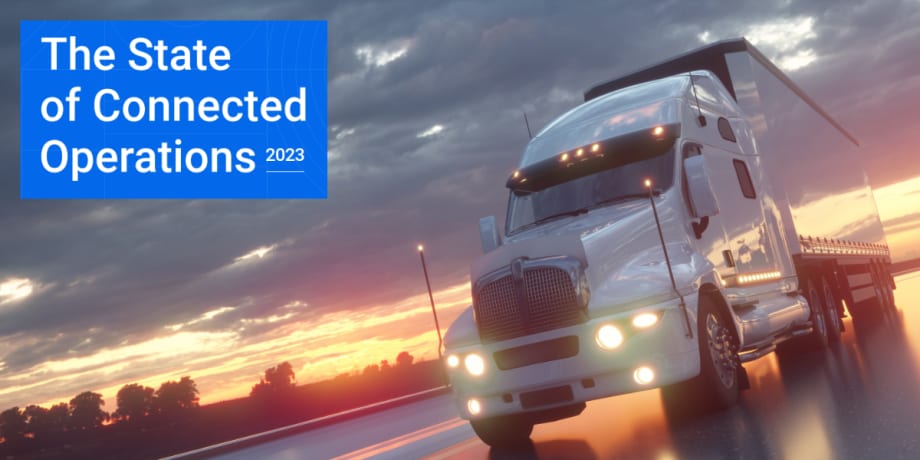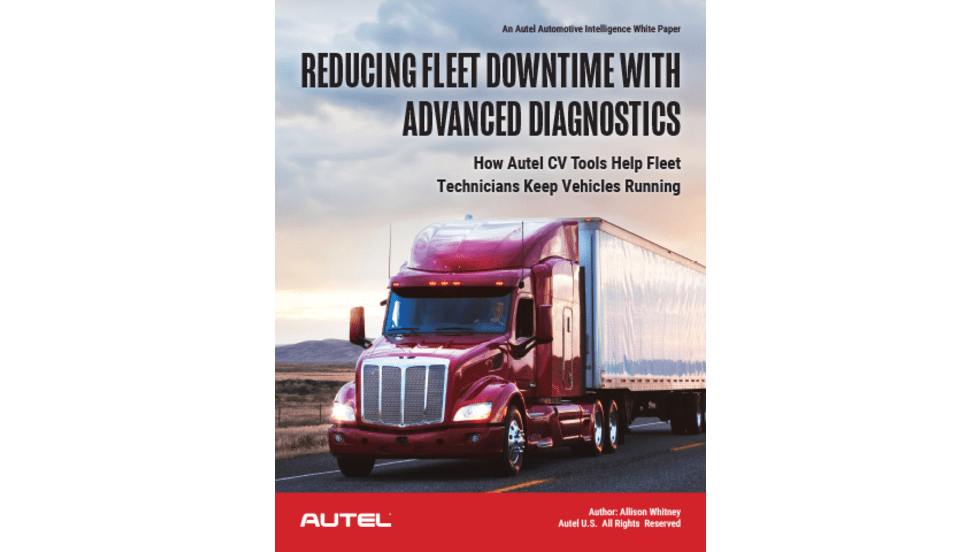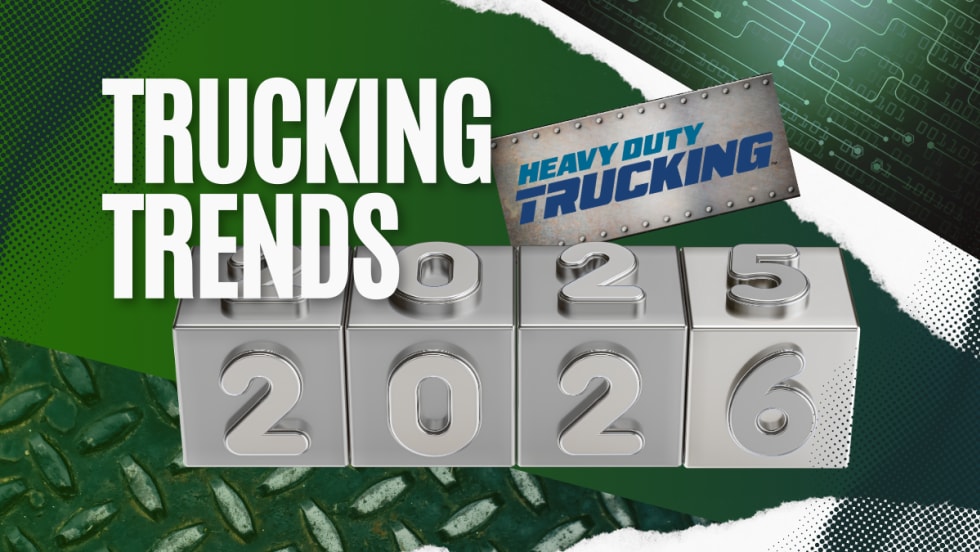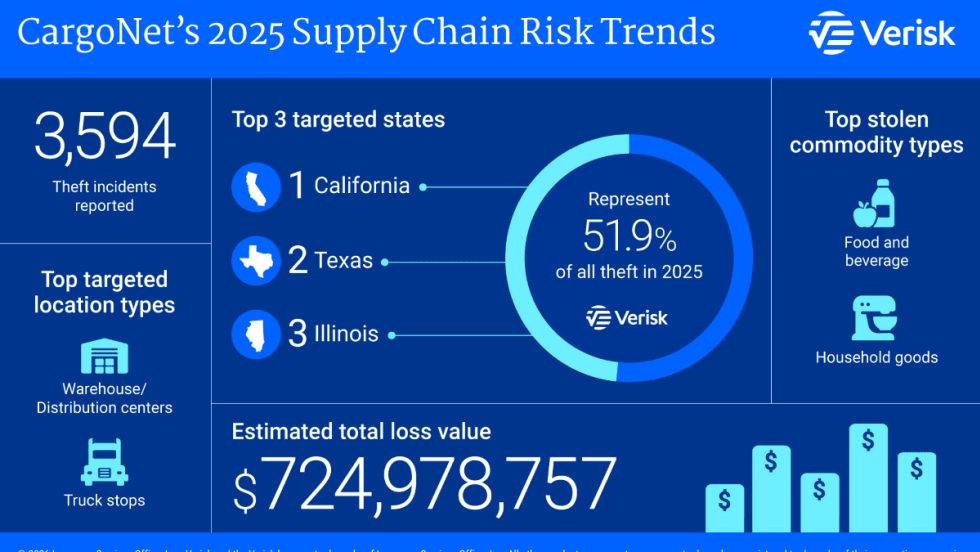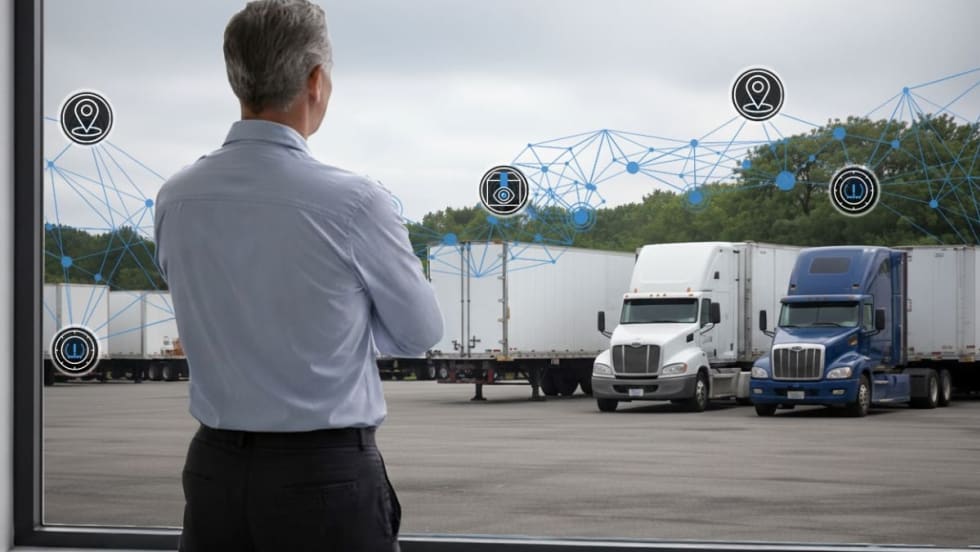The State of Connected Operations 2023 surveyed 1,500 global operations leaders on how they are navigating the latest technology advances.
Samsara’s new report, State of Connected Operations 2023, offers insights into how 1,500 global operations leaders navigate through the challenges of economic and geopolitical uncertainties.
It dives into the recent technological breakthroughs in the trucking industry, encompassing self-driving vehicles, decarbonization, robotics, and more.
How will these technological advancements affect the trucking industry in the long run? Instead of avoiding change under pressure, the report stated, fleets are embracing it.
Redefining Fleet Efficiency Through Technology
Investing in a fleet and outfitting the team with cutting-edge technology yields numerous advantages in the current industry environment, according to Samsara. These advancements allow fleets to efficiently manage operations, boost productivity, and attain notable cost savings.
Regarding the digital maturity level of leaders’ organizations' physical operations, 47% stated they were beginners, 45% claimed they were advanced, and only 8% reported a high level of digital maturity.
So is it worth adding telematics and management software to your fleet?
The data speaks for itself, Samsara's report said: The leaders who reported a high digital maturity and used tech such as AI and automation have resulted in higher employee productivity (64%), higher revenue (59%), and increased net profit (56%).
As we enter 2023, an impressive 56% of leaders emphasize enhancing workforce productivity by adopting new technologies as an essential organizational priority.
Of the 1,500 leaders, 84% plan to use generative AI, and 91% will leverage automation to modernize their operations by 2024.
Investing in Data for a Fleet’s Success
One thing almost every leader agreed on (90%) was that data is a competitive advantage for their organization.
Real-time operational data for fleets involves collecting, analyzing, and using up-to-the-minute information regarding fleet operations. It involves gathering real-time data from vehicles, drivers, and other relevant sources and processing it to provide actionable insights.
And fleets are increasing their tech budget to take advantage of it. According to the report, 90% of leaders say having accurate, real-time operational data is critical to decision-making in 2023.
Plus, leaders report widespread benefits because of their data technology investments:
Embracing the Potential of Automation
Automation encompasses various technologies, from automated workflows to autonomous vehicles and equipment. By 2024, 91% of operations leaders intended to leverage automation to modernize their operations.
This indicates not only the extensive scope of automation as a category but also reflects the eagerness among surveyed leaders to enhance efficiency through diverse applications of automation, according to the report.
When it comes to the adoption of autonomous technologies, the findings reveal the following insights:
In 2023, 42% of leaders consider testing or adopting autonomous technology a critical priority for their organizations.
In the same year, 51% of leaders are either already using or planning to use autonomous vehicles and equipment, demonstrating a proactive approach to integration.
Looking ahead, leaders predict widespread adoption of autonomous vehicles and equipment throughout their organizations by the end of the decade.
These statistics highlight the growing recognition among leaders regarding the potential benefits and opportunities offered by autonomous technologies, driving them to prioritize its implementation and anticipate organizational transformation shortly.
Modernizing Operations with AI Technology
Artificial intelligence (AI) integration has had a noticeable effect on operations this year. The study reveals that 31% of leaders and 47% of digitally advanced leaders utilize generative AI to upgrade their operations.
The report also highlights that a significant number of leaders (84%) plan to incorporate generative AI into their processes by 2024, with only a mere 5% showing no interest in adopting this technology.
As generative AI advances and finds diverse real-world applications, it will unlock boundless possibilities for physical operations in the coming years.
These possibilities include automating:
To fully leverage AI's potential and overcome information overload challenges, Samsara stated that leaders would need to focus on solutions that harness the power of AI to enhance existing processes and tackle new problems.
Particularly for physical operations, AI can efficiently organize and analyze massive volumes of data from various sources, such as sites, vehicles, assets, and employees in the work truck industry.
Clean Fuel for Fleets Dominate the Scene
This year’s trend is that clean fuel is the rule, not the exception. Many leaders are making moves toward a more sustainable future for their fleets.
Their top strategies for achieving this goal include:
Adopting EVs through purchasing or leasing.
Driver training programs to reduce fuel usage and idling.
Optimizing routing to minimize the number of miles driven.
What excites leaders about decarbonization initiatives? They point to two primary factors:
Meeting customer and partner expectations.
Increasing competitiveness.
These motivations reflect how market pressures are driving the shift toward sustainability.
Government Regulations Lead the Way to Decarbonization
Governments worldwide are tightening regulations on businesses that fail to prioritize sustainability.
Among the digitally mature leaders, 51% acknowledge that regulatory requirements serve as a primary motivation for their efforts to reduce emissions.
Pursuing government sustainability grants has garnered significant interest across countries, with Mexico leading the way.
A remarkable 60% of leaders in Mexico plan to actively seek these grants within the next two years.
Globally, 62% of the digitally mature leaders have similar intentions, compared to 50% of those still in the early stages of their sustainability journey.




